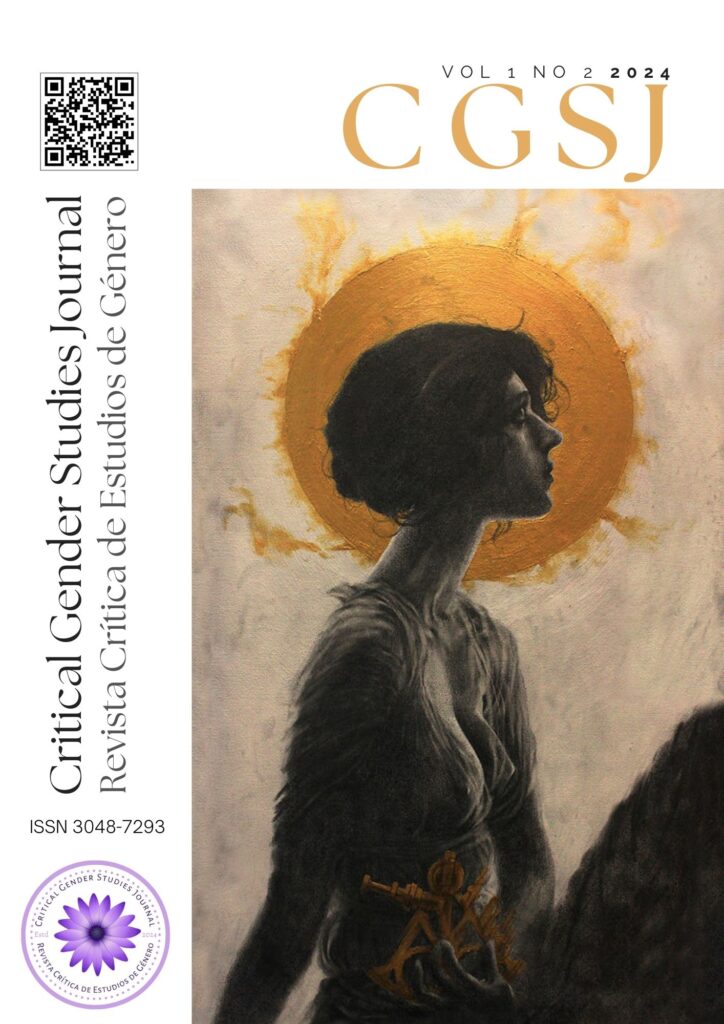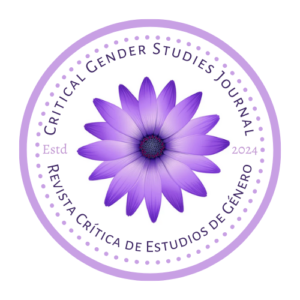Unveiling Gender Constructs and Body Politics in Mahasweta Devi’s “Draupadi”
Unveiling Gender Constructs and Body Politics in Mahasweta Devi’s “Draupadi” Anushka Mitra Independent researcher, Kolkata Full-Text PDF Issue Access Abstract This paper analyzes the character of Dopdi Mejhen from Mahasweta...
Read More






